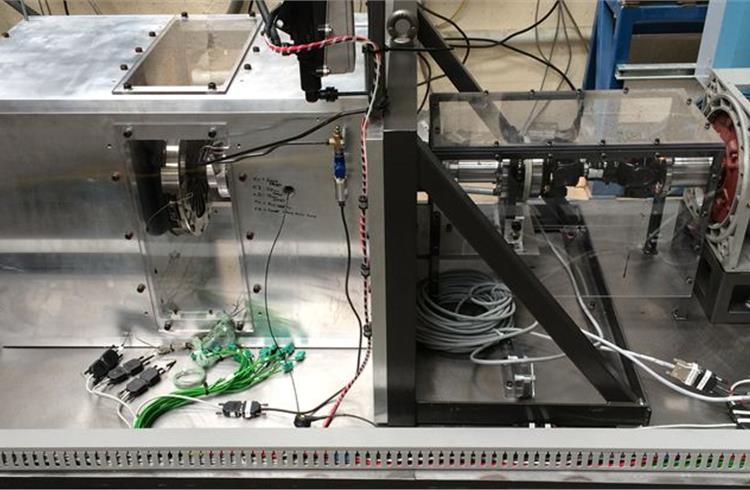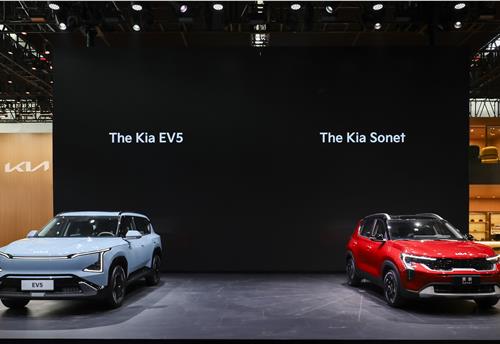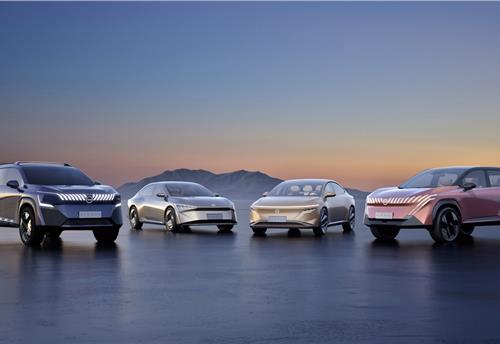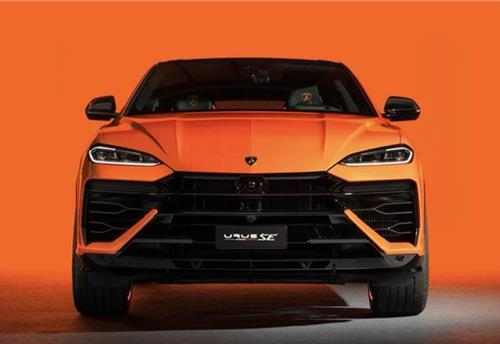UK engineering consultancy to reveal transmission efficiency developments at CTI Symposium
UK automotive engineering consultancy, Drive System Design (DSD), will present two technical papers at the 13th annual CTI Symposium in Berlin from December 8-11.
UK automotive engineering consultancy, Drive System Design (DSD), will present two technical papers at the 13th annual CTI Symposium in Berlin from December 8-11.
The first, entitled ‘Lubrication Efficiency’, describes how a new approach to transmission design can provide dramatic efficiency improvements, reducing vehicle CO2 emissions with minimal or no additional cost. The second, entitled ‘Design Methods for Hybrid Disconnect Clutches’ explores the unique challenges faced by clutches in parallel hybrid applications and how these may be overcome. DSD is also exhibiting at the event and contributing to the open technical forum.
“The two papers neatly showcase some of the cutting edge technologies we develop for customers to produce vehicles with a lower carbon footprint,” explains DSD’s managing director, Mark Findlay. “Optimising lubrication efficiency improves all transmission types, both existing and new generation, while hybrid disconnect clutches are typical of a highly specialised component that is crucial for the successful introduction of parallel hybrid architecture.”
The paper on lubrication efficiency presents the individual sources of energy loss, and practical means by which each can be minimised; at the design stage in the case of new concepts, and by palliative measures for existing transmission designs. Predicted improvements are backed by data from physical testing, expressed in terms of CO2 emissions over the NEDC.
Disconnect clutches, commonly termed K0 clutches, are not in themselves new technology, but in a parallel hybrid they are used in a completely new way, requiring a new design approach. DSD’s second paper explains the particular challenges of packaging, refinement and control and how these may be met. Fundamental issues, such as effective clutch modulation over a very small percentage of the maximum torque capacity, are presented and discussed.
Senior staff from the company will be available at booth C13 and D12 at the conference to provide additional information about the papers, and DSD’s many other areas of transmission and driveline expertise.
DSD and the auto world
Drive System Design (DSD) is an award-winning engineering consultancy specialising in the design, development and control of transmission and future driveline systems.
DSD works with vehicle manufacturers and Tier 1s around the world, engineering new technologies and solving problems that make their products more competitive. Working closely with its customers through technical centres in Europe and North America, DSD is recognised as the world leading expert in driveline refinement, efficiency improvement and hybrid and electric vehicle transmissions. Alongside the design, test, analysis and project management skills necessary to deliver projects to demanding timescales.
RELATED ARTICLES
Kia displays EV5 and Sonet SUVs for Chinese market
Kia has unveiled a number of key models and new technologies for Chinese customers at the 2024 Beijing International Aut...
Nissan targets growth in China, unveils four NEV concepts at Beijing Motor Show
The two EVs and two plug-in hybrids are a joint effort with Nissan’s local partner Dong Feng and aimed to better address...
Lamborghini unveils Urus SE ahead of Auto China 2024
Electric-only range of 60km helps reduce emissions by 80%.





 By Autocar Pro News Desk
By Autocar Pro News Desk
 14 Nov 2014
14 Nov 2014
 2727 Views
2727 Views









